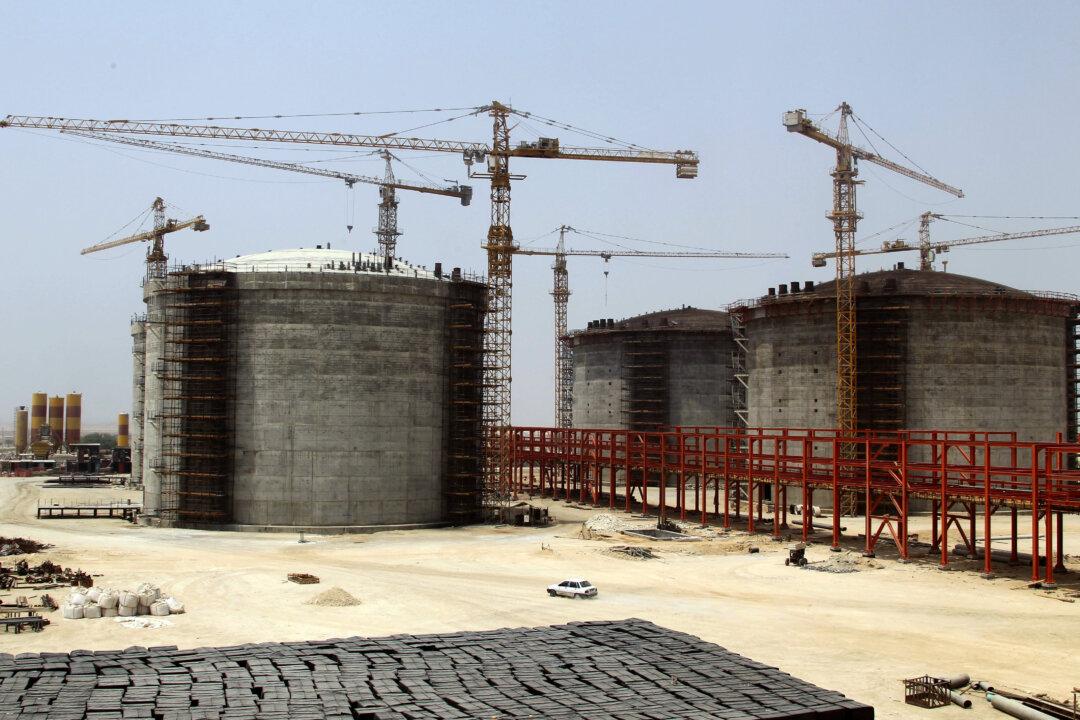As China continues to challenge the United States for global dominance, in the Middle East, oil-hungry China gets a “free ride” on the security system established by the United States there, according to experts interviewed by The Epoch Times.
They are of the opinion that while the United States has strategically started to look away from the Middle East, the Chinese regime will continue to project its own interests into the region and avoid directly getting involved in conflicts.





